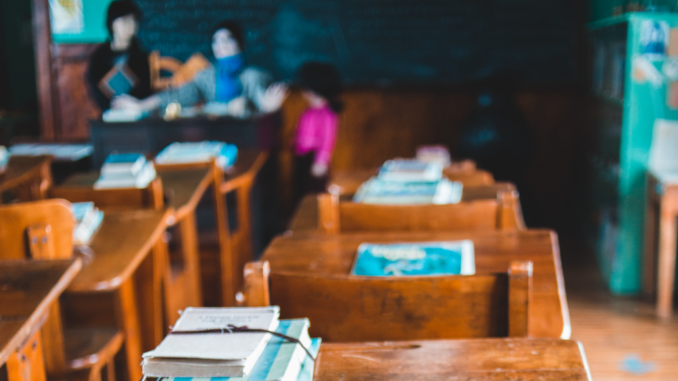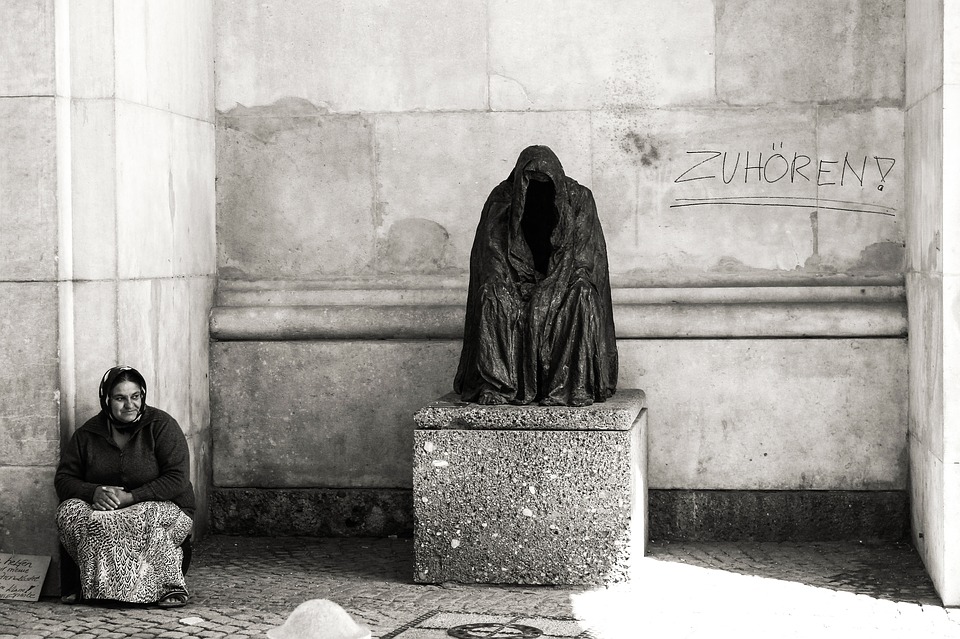
On 9 May 2024, Skopje’s Court of Appeal confirmed the ruling of the first instance court (following an order for re-trial from the Supreme Court) in favour of the European Roma Rights Centre (ERRC) on behalf of children in the Tetovo Correctional Home (currently located in the village of Volkovija) who are denied their right to education. Despite this court order, the ERRC has learned that education is still not being provided to the children in the correctional facility for whom the new academic year started this week. The ERRC reminds the Department of Execution of Sanctions (Ministry for Justice) and the Ministry of Education of their obligations, mandated by the highest court in the country, to provide access to education for these children.
“We have secured three domestic court rulings in favour of children at the Tetovo Correctional Home. The Basic Civil Court Skopje 2, the Court of Appeal, and the Supreme Court have all affirmed that denying education to children in this facility is discriminatory and a violation of their rights. However, with the new academic year underway, authorities are still failing to uphold this fundamental right. We call on the Ministry of Justice and the Ministry of Education to urgently meet their legal obligations and implement the recent Court of Appeal judgment. If the state will not fulfil its court-ordered duties, we are prepared to initiate execution proceedings against the authorities including individual criminal charges against the persons in charge” said ERRC Legal Director, Senada Sali.
In April this year, the Supreme Court ordered the Court of Appeal to reassess the case and emphasised the need for a more detailed judgment. Their decision included the first ever analysis of indirect discrimination in a collective complaint (actio popularis) by the court, highlighting that the focus should be on unequal treatment and the differential impacts experienced by individuals in various positions. The Court stated that in cases of indirect discrimination, the focus is not unequal treatment, but the effects of such treatment, which people in different positions may feel differently, i.e. the difference in treatment can be in the form of disproportionate biased effects of a general policy or measure, expressed in a neutral way that discriminates against a specific group of people.
Considering the irreparable harm the denial of education causes to the lives of these children, the ERRC is prepared to take additional legal measures to ensure their rights are protected. Non-implementation of a judgment may result in daily fines for the responsible institution, while a criminal conviction for those individuals responsible could result in a prison sentence of 1 – 10 years (on the basis of Article 377 of the Penal Code).
In pursuit of additional legal remedy, the ERRC has already brought the case before the European Court of Human Rights on behalf of one of the children who has passed through the correctional home without receiving an education.
Background
The ERRC’s collective complaint covered a period from 14 September 2015 to 4 March 2020, and accused North Macedonia’s juvenile correction system of failing to provide equal access to education for children placed in the correctional centre (direct discrimination by status). As most of the affected children were Romani, this also amounted to indirect discrimination based on ethnicity, violating the children’s right to equality.
The ERRC’s complaint was centred on a visit to the correctional facility in 2017, as well as two inspections by the Ombudsman, which showed that no formal education was provided to minors in the facility, disproportionately impacting Romani children. Consequently, these young Romani youth, upon release, start their adult lives not only facing a life of everyday racism, exclusion, and discrimination but also are hindered in their access to job opportunities due to lacking primary or secondary education certificates.
The case was represented by Keti Jandrijeska Jovanova before the domestic court on behalf of the ERRC.
This press release is also available in Macedonian.
redaktionen@dikko.nu
Att vara en oberoende tidning kostar pengar därför använder vi oss av crowdfunding. Det innebär att människor med små eller stora summor hjälper till att finansiera vår verksamhet. Magasin DIKKOs insamlingen sker via swish: 123 242 83 40 eller bg: 5534-0046
Vill du annonsera eller sponsra, synas eller höras i våra media?
Kontakta oss på redaktionen@dikko.nu
eller ring 0768 44 51 61
IBAN: SE19 9500 0099 6042 1813 4395
BIC: NDEASESS




